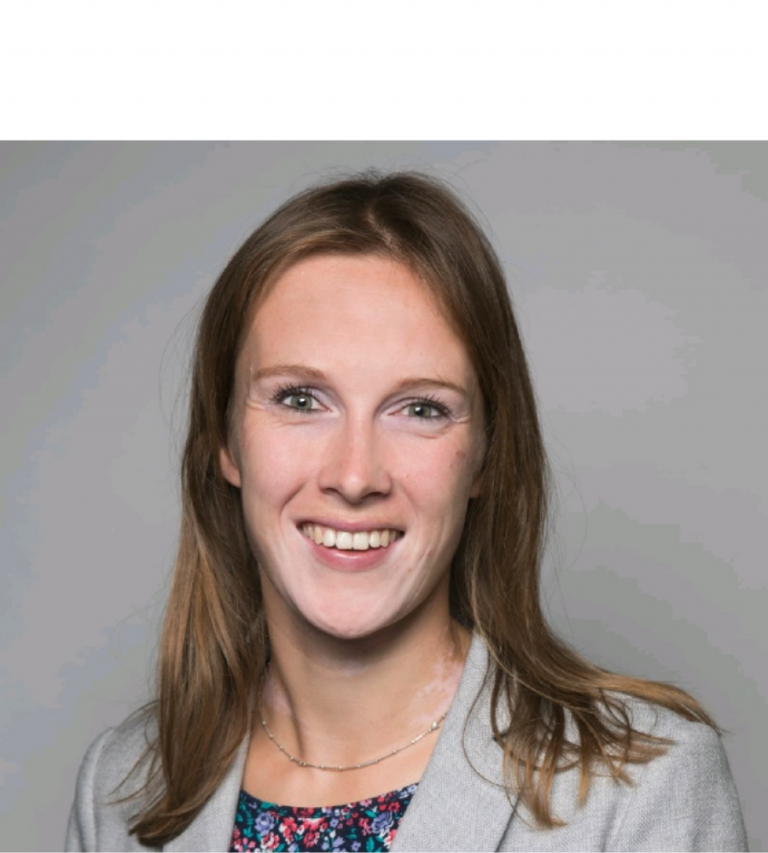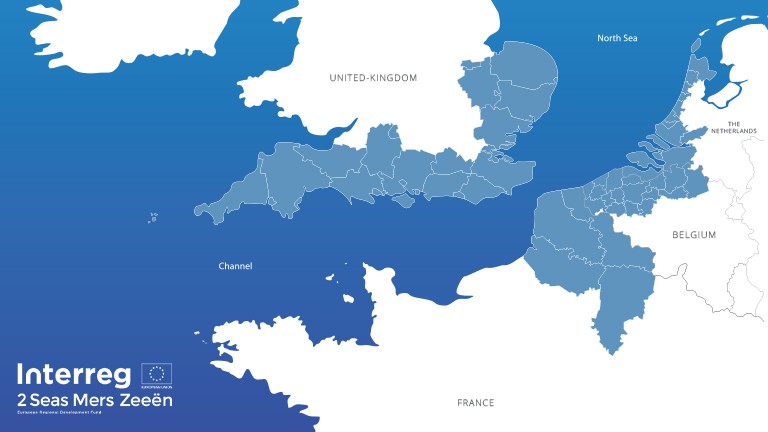How to keep Polder2C's alive in the future
- 06 October 2021
- Francien Horrevorts
Pamela Mulder, Territorial Facilitator at Interreg 2 Seas, explains the role of Interreg in our project and gives some tips to keep Polder2C’s going after the project.
Interreg 2 Seas
Interreg is a European initiative supporting cooperation across borders in and out of the European Union in order to strengthen economic, social and territorial cohesion across Europe. The Interreg 2 Seas 2014-2020 programme covers the 2 Seas area; England, France, the Netherlands and Belgium (Flanders). Interreg 2 Seas is intended to make this area more climate-adaptive.
Polder2C's has been granted a contribution of 3.9 million euros from the European Interreg 2 Seas programme 2014-2020, co-financed by the European Regional Development Fund. But Interreg offers more than funding alone. Pamela Mulder, Territorial Facilitator at Interreg 2 Seas, explains the role of Interreg in our project and gives some tips to keep Polder2C’s going after the project.
Facilitating role of Interreg 2 Seas
Pamela Mulder is Territorial Facilitator at Interreg 2 Seas, which means that she is the regional contact point for the 2 seas area. What this facilitating role entails? Interreg’s involvement starts already well in advance of the approval of projects. The Territorial Facilitators help during the preparatory phase with the project idea, writing the project plan, finding partners or filling out the application form. These local contacts are aware of the developments in the region and the rules and regulations that apply in a certain member state.

Future of 2 Seas Programme
The 2 Seas Programme has 82 projects approved for the current programme period, until 2020. At the moment Interreg is preparing for the period 2021-2027. Because of Brexit, the 2 Seas programme can not continue as is. Since it is a cross border programme and the UK is no longer part of the EU, there is no legal basis to proceed.

Future of Polder2C’s
Fortunately, these developments do not affect the current approved projects, such as Polder2C’s. The funding is secured and it can continue with the UK involved. Pamela Mulder stresses however, that it is important to start thinking about the future about issues such as:
- What can be done next as a consortium?
- What can be done with the results?
- What can be done as partners in the future and what are possible research topics and angles to follow up on?
- What are funding opportunities for a project following up on Polder2C’s?
These questions help make a future action plan for the topics the Polder2C’s project works on.
Broaden your network
A lot of other projects have been set up by Interreg in Europe, some in the same area of expertise or with similar objectives. Therefore, a final suggestion by Pamela is that Interreg can be of great use if you are looking for ways to broaden your network, find new connections or ways to collaborate. Interreg is always open to see what the opportunities are.
Read more
Curious to learn more about Interreg 2 Seas? For more information, read the partner of the month interview with Catherine Ramampy or check the Interreg 2 Seas partner page.
